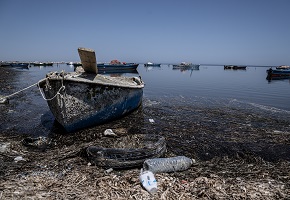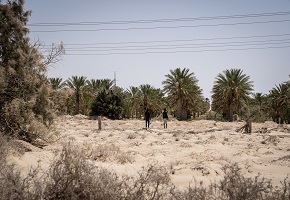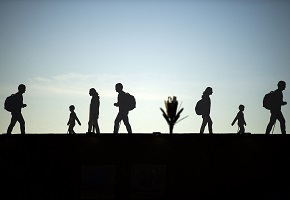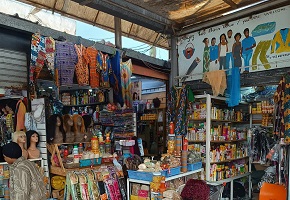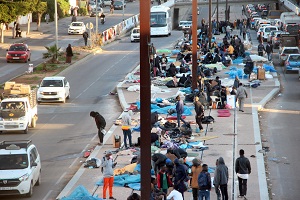Ruth Hanau Santini 24 May 2024
Next autumn Tunisians will go to the polls to elect the President of the Republic. The Election’s date has not been confirmed, and the main opposition coalition, Chebbi’s National Salvation Front, has announced they will boycott the vote unless three conditions will be met: the electoral commission will be independent, the main Islamist party, Ennahda, will be allowed to re-open its headquarters, and all political prisoners will be freed. When Tunisians last voted for presidential elections, all those conditions were in place, but in the past few years, political and civil liberties have shrunk to the extent that the country is not only “partly” free but its democratic ranking continues to deteriorate, year on year.



